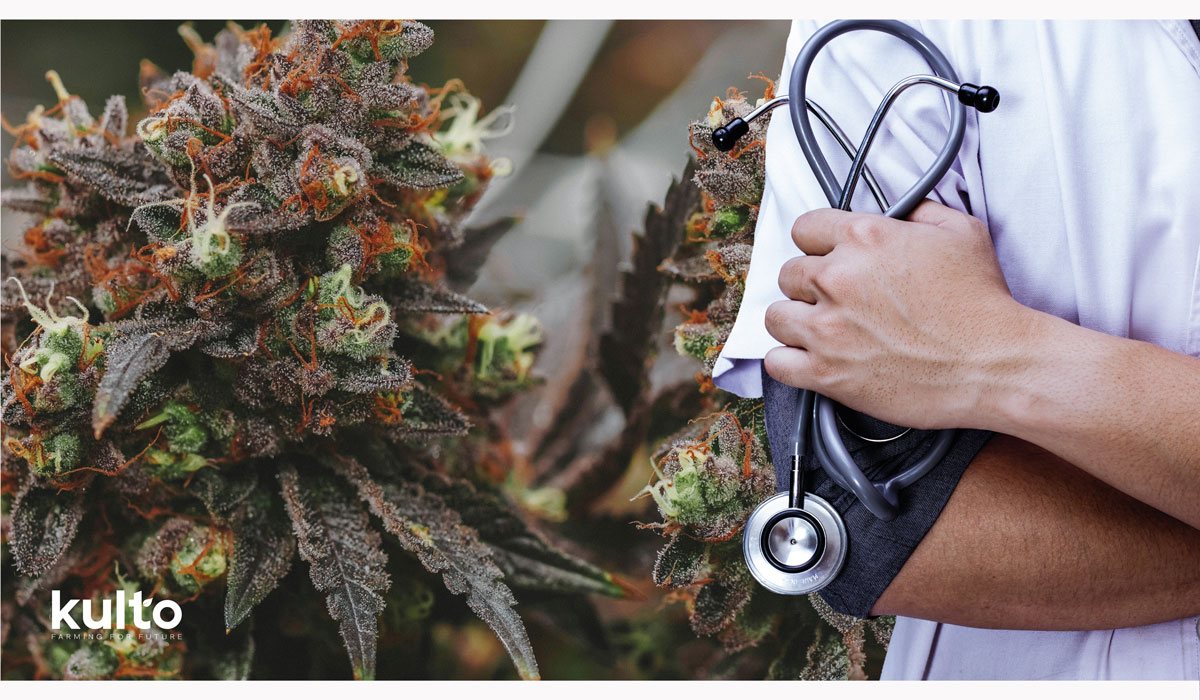The growing importance of medical cannabis in the global health landscape calls for a careful analysis of the factors influencing its acceptance, especially in the context of the UK and Europe. Among these factors, solid clinical research, rigorous regulatory approvals, standardization and quality control, healthcare provider education, legal adaptations, insurance integration, challenging public perceptions, and active patient involvement emerge as fundamental pillars.
Solid clinical research plays a crucial role in analyzing the efficacy and safety of medical cannabis. High-quality studies are essential to inform clinical and regulatory decisions. Similarly, regulatory approval by authoritative agencies such as the FDA, EMA, and MHRA is essential to ensure that cannabis-based products meet the required safety and quality standards.
Standardization and quality control are essential to ensure that cannabis-based products are consistent and safe for use. These processes ensure that patients receive reliable and high-quality treatments. Similarly, healthcare provider education is crucial to ensure they understand the pharmacology, dosing, and interactions of medical cannabis, enabling them to provide appropriate care to patients.
Legal adaptations are necessary to create a regulatory environment that promotes access to medical cannabis. It's important for laws to be clear and for patients to have legal access to the treatments they need. Furthermore, insurance integration is essential to ensure that cannabis-based treatments are accessible to all those in need, without economic discrimination.
Dispelling misconceptions in the public perception is an important challenge to address. It's necessary to educate the public about the potential medical applications of cannabis and overcome the negative stereotypes associated with its history. Active patient engagement is essential to ensure that their voices are heard in the decision-making process and that their needs are adequately represented.
Finally, international collaboration is crucial for sharing knowledge and best practices in the use of medical cannabis. The exchange of information between countries can help promote a global understanding of cannabis use and develop international standards for its regulation and utilization. In conclusion, the journey towards the acceptance of medical cannabis requires continuous commitment from all stakeholders involved. It is essential that scientific research guides clinical and regulatory decisions and that efforts are made to overcome the regulatory, educational, and social challenges that hinder access to medical cannabis. Only through global collaboration and shared commitment can we fully realize the therapeutic potential of medical cannabis in global health.

